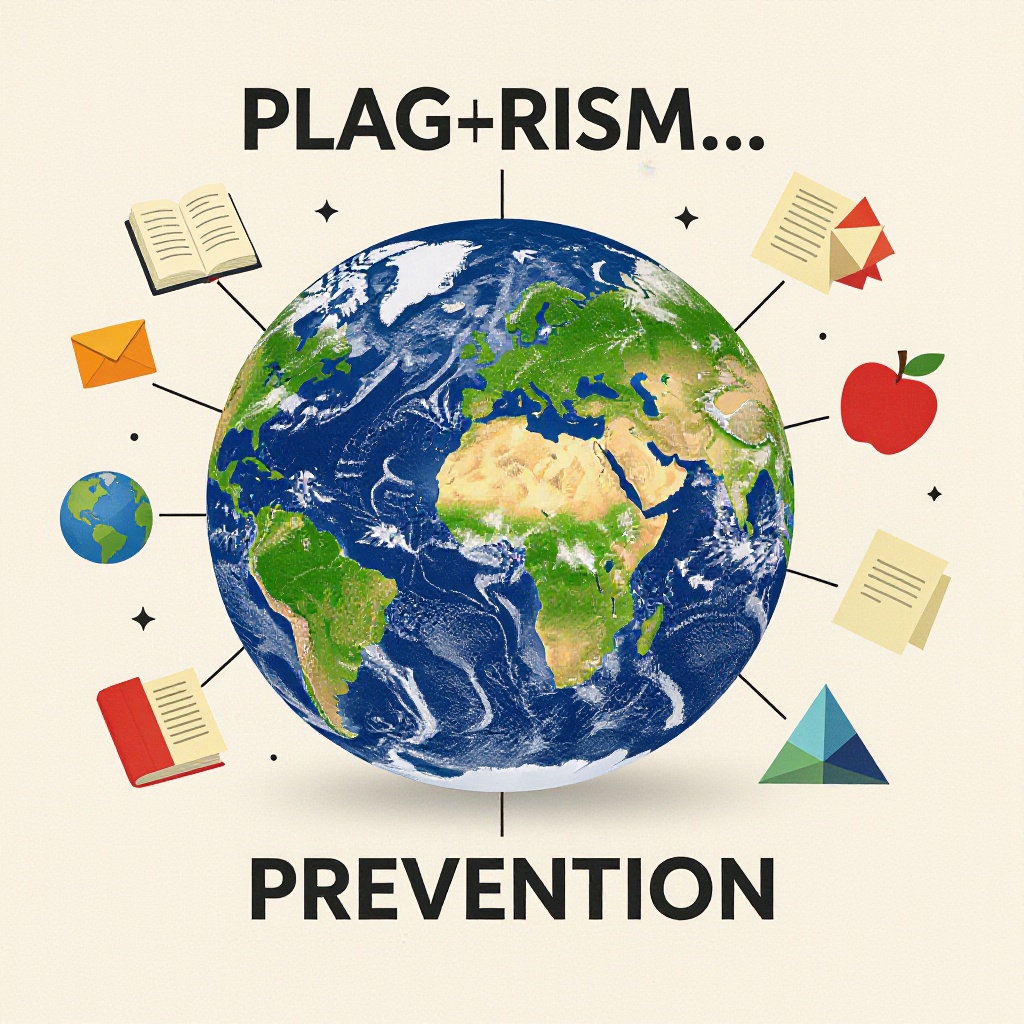Avoiding plagiarism has become increasingly important for Gulf students due to easy access to technology and misunderstandings about academic integrity. Various types of plagiarism are common in this region. These include copying directly, self-plagiarism, paraphrasing without proper citation, and using AI-generated content. These practices can lead to severe consequences for students. To maintain originality and credibility, students need to adopt effective strategies. Key Takeaways Plagiarism involves several activities, such as direct copying,self-plagiarism, and paraphrasing without proper citation, as well as the use of AI-generated content. Up to 79.5% of undergraduates engage in digital plagiarism, representing a significant challenge in maintaining honest academic practices. Challenges like language barriers and cultural perspectives may inadvertently lead Gulf EFL students to plagiarize. Gulf universities utilize advanced tools like Turnitin and iThenticate to detect and prevent plagiarism efficiently. Workshops and integrating proper citation methods into the curriculum play a crucial role in fostering academic integrity. Recognizing Plagiarism in the Gulf: Definitions and Core Concepts Plagiarism in the Gulf involves using someone else’s work without proper acknowledgment. This can include direct copying, paraphrasing without citation, or even employing AI-generated content without giving credit. Several types exist: Direct Copying: This occurs when students copy someone else’s work word-for-word. Self-Plagiarism: Happens when a student reuses their own previous work without permission or citation. Paraphrasing Plagiarism: Involves rewording someone else’s ideas without proper citation. AI-Assisted Plagiarism: Using AI tools to generate content which is presented as original work. Academic integrity is crucial, yet reports show that up to 79.5% of undergraduates engage in digital plagiarism. This is largely due to the temptation of easily accessible technology. Students must understand these concepts to maintain integrity and avoid potential pitfalls like AI plagiarism and self-plagiarism. Understanding Plagiarism Risks Among Gulf Students Technology, while a great resource for students, often enables easy copy-pasting, leading some to misuse it for digital copying. Information and Communication Technology (ICT) can sometimes blur the lines of content ownership. Additionally, gaps in instruction about proper source usage can contribute to these issues, as students often aren’t guided on how to credit sources effectively. EFL (English as a Foreign Language) learners might struggle with language barriers, making them depend more on external sources and translation tools. This can inadvertently lead to unintended plagiarism. Cultural perspectives on collaboration can also play a part. Some Gulf students might view collaborative work or derivative creations differently, misunderstanding academic integrity guidelines. To mitigate these risks, it’s essential to clarify assignments and promote a deeper understanding of original work values. Consequences of Plagiarism: Academic and Personal Impacts Engaging in plagiarism can lead to serious academic penalties. Academic misconduct may result in failing grades for the specific assignment or even the entire course. In severe cases, students could face suspension or expulsion from their institution. These penalties not only impact the individual’s current academic standing but may also affect future educational opportunities, as academic records are often scrutinized by advanced programs or potential employers. There’s also a significant personal component to the consequences of plagiarism. On a personal level, a student’s reputation can be tarnished both within their academic community and beyond. This loss of trust can have long-lasting effects, damaging relationships with professors and peers. Trust is difficult to rebuild once lost. Plagiarism also deprives students of crucial learning experiences. By copying someone else’s work, students fail to engage in the research, comprehension, and synthesis processes that are essential for developing critical academic skills. This learning loss can hinder personal growth and the ability to address future challenges effectively. To summarize, the repercussions of academic misconduct aren’t limited to immediate penalties. They can ripple through personal and professional realms, affecting reputation, relationships, and essential learning opportunities. Tools and Technology in Plagiarism Detection Plenty of Gulf universities employ tools like Turnitin, iThenticate, and PlagiarismCheck.org to maintain academic honesty. Turnitin, widely recognized for its comprehensive database and advanced AI detection, helps identify unoriginal content by comparing submitted work against a vast array of sources. iThenticate, often used for scholarly publications, offers precise plagiarism scores, assisting students and researchers in verifying their work before submission. PlagiarismCheck.org provides a user-friendly interface and critical insights, catering to both educators and learners. The demand for these tools is rising significantly in Saudi Arabia. A growing market for anti-plagiarism software highlights the increasing commitment to uphold academic integrity. With access to these tools, students can gain a deeper understanding of originality in their work, ensuring credibility and academic success. Effective Strategies for Plagiarism Prevention Ensuring you grasp citation rules is crucial in avoiding plagiarism. Emphasizing proper referencing and paraphrasing strengthens the integrity of your work. Tools like Grammarly don’t just enhance grammar; they also assess originality, guiding you to create unique content. Organizing research notes meticulously can help maintain citation accuracy. I recommend regularly updating these notes to keep references in check. This approach allows seamless referencing and lowers the risk of unintended plagiarism. Participating in academic integrity workshops keeps you informed on new practices. These sessions provide valuable insights and help hone your writing skills. They are essential for those committed to maintaining high academic standards. Enhancing Institutional Policies and Educator Roles in the Gulf Evaluating the current academic policies in the Gulf reveals mixed effectiveness in combating both traditional and AI-generated plagiarism. Many institutions focus on detecting plagiarism using advanced software, yet these often fall short in addressing the nuances of AI-created content. To counter this, integrating educational and technological approaches is key, ensuring they resonate with local cultural contexts. It’s beneficial to promote an understanding of integrity and originality through workshops and training sessions that consider Gulf values and traditions. Faculty members generally prefer an educational response rather than punitive measures against plagiarism. This involves focusing on teaching students about the importance of academic honesty and providing resources to nurture original thought. Effective strategies include: Developing a comprehensive curriculum that incorporates ethics and proper citation methods. Offering seminars that showcase how to identify and resist plagiarism. Encouraging the use of plagiarism detection tools as
